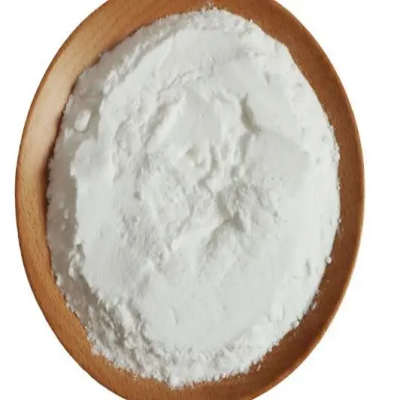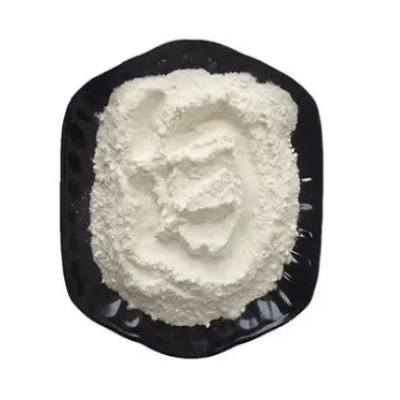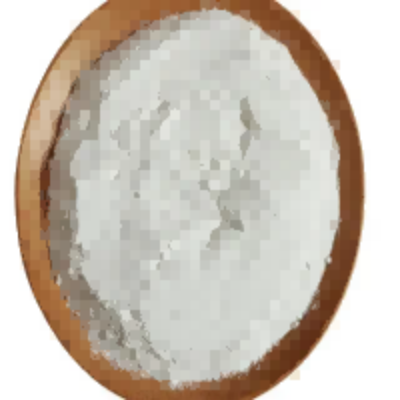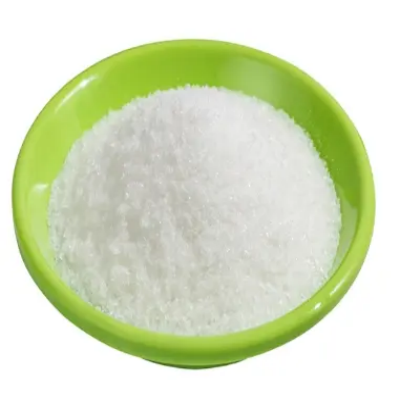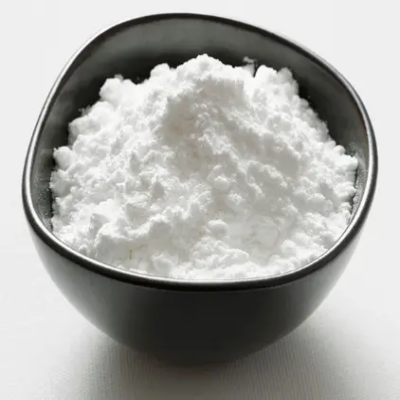Dimethyl adipate CAS:627-93-0
Dimethyl adipate (DMA), with the molecular formula C₁₂H₂₂O₄, is a significant organic compound that belongs to the family of di-esters. It is synthesized through the esterification of adipic acid using methanol, resulting in a structure that features two methoxy groups attached to the adipate backbone. This unique configuration imparts valuable physical and chemical properties to the compound, making it suitable for various applications across multiple industries. One of the primary uses of dimethyl adipate is as a plasticizer. Plasticizers are additives that improve the flexibility, workability, and mechanical properties of polymer materials. When incorporated into formulations such as polyvinyl chloride (PVC) or polyurethane, DMA enhances their elasticity and thermal stability, allowing for improved performance in applications ranging from automotive components to consumer products. Its low volatility and excellent compatibility with a wide range of polymers further contribute to its effectiveness as a plasticizer. In addition to its role in plastics, dimethyl adipate serves as a solvent in the formulation of coatings, adhesives, and sealants. Its ability to dissolve various resins and polymers makes it a valuable component in achieving desired viscosity and application characteristics. The use of DMA in these formulations contributes to improved adherence, durability, and aesthetic qualities of the final products. Moreover, dimethyl adipate has attracted interest in the field of organic synthesis. Its reactive ester groups allow it to participate in various chemical reactions, facilitating the production of more complex molecules. For instance, DMA can undergo transesterification or nucleophilic substitution reactions to yield diverse derivatives that find applications in pharmaceuticals, agrochemicals, and specialty chemicals. While dimethyl adipate offers numerous benefits, it is essential to recognize any associated health risks. As an organic compound, DMA can pose irritation or harmful effects if inhaled or absorbed through the skin. Therefore, it is imperative to implement appropriate safety measures, including the use of personal protective equipment (PPE), good laboratory practices, and ensuring adequate ventilation when handling this compound. Furthermore, concerns regarding the environmental impact of chemical compounds like dimethyl adipate have prompted regulatory scrutiny. Awareness of potential ecological risks necessitates responsible usage and consideration of greener alternatives. Researchers are actively investigating sustainable methods for synthesizing and utilizing dimethyl adipate, aiming to reduce reliance on hazardous materials while maintaining desirable performance characteristics. In conclusion, dimethyl adipate is a versatile compound with significant applications as a plasticizer, solvent, and reagent in organic synthesis. Its ability to enhance material properties and facilitate complex chemical transformations underscores its importance across various sectors. However, attention to safety and environmental implications is crucial when working with this compound. Ongoing research into sustainable practices will ensure that dimethyl adipate continues to serve as a valuable resource while prioritizing health and ecological considerations.



| Composition | C8H14O4 |
| Assay | 99% |
| Appearance | white powder |
| CAS No. | 627-93-0 |
| Packing | Small and bulk |
| Shelf Life | 2 years |
| Storage | Store in cool and dry area |
| Certification | ISO. |




